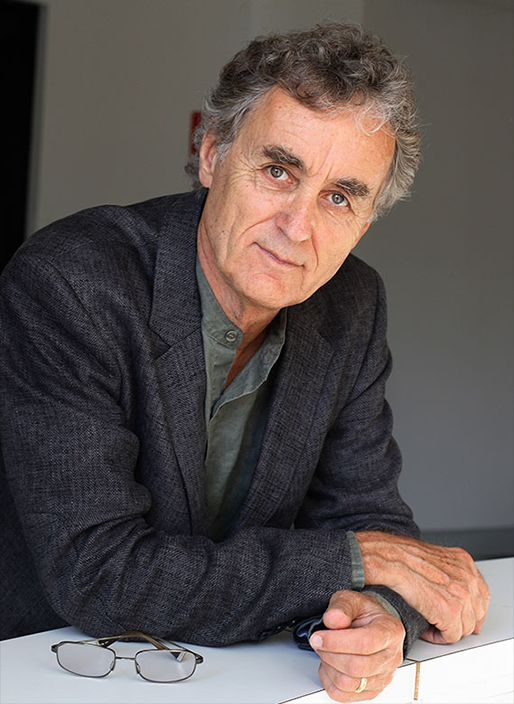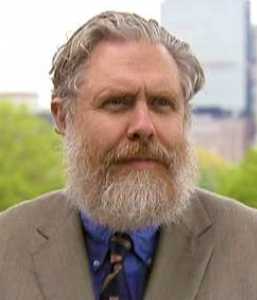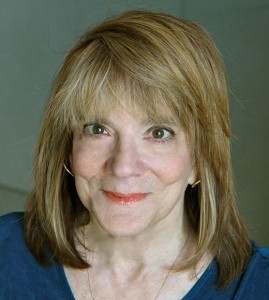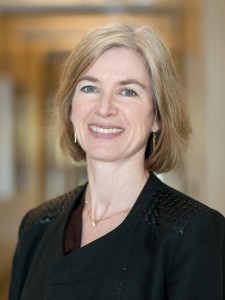The Systems View of Life: A Science for Sustainable Living

The lecture was live-streamed Monday 4 December at 6:30 pm (EST) on the CSSP YouTube channel: https://www.youtube.com/watch?v=A4IgXCOTssg
Fritjof Capra, Ph.D.
Scientist, Educator, Author, and Activist
Founding Director, Center for Ecoliteracy
Fritjof Capra, Ph.D., is a scientist, educator, activist, and author of many international bestsellers that connect conceptual changes in science with broader changes in worldview and values in society. A Vienna-born physicist and systems theorist, Capra first became popularly known for his book, The Tao of Physics, which explored the ways in which modern physics was changing our worldview from a mechanistic to a holistic and ecological one. Published in 1975, it is still in print in more than 40 editions worldwide and is referenced with the statue of Shiva in the courtyard of one of the world’s largest and most respected centers for scientific research: CERN, the Center for Research in Particle Physics in Geneva. His most recent book, The Systems View of Life (Cambridge University Press, 2014), presents a grand new synthesis of this work—integrating the biological, cognitive, social, and ecological dimensions of life into one unified vision. Several critics have suggested that The Systems View of Life, which Capra coauthored with Pier Luigi Luisi, Professor of Biology at the University of Rome, is destined to become another classic.
Over the past 30 years, Capra has been engaged in a systematic exploration of how other sciences and society are ushering in a similar shift in worldview, or paradigms, leading to a new vision of reality and a new understanding of the social implications of this cultural transformation. He is a founding director of the Berkeley-based Center for Ecoliteracy which is dedicated to advancing ecology and systems thinking in primary and secondary education. The primary focus of Capra’s environmental education and activism has been to help build and nurture sustainable communities. He believes that to do so, we can learn valuable lessons from the study of ecosystems which are sustainable communities of plants, animals, and microorganisms.
Capra serves on the faculty of the Amana-Key executive education program in São Paulo, Brazil. He is a Fellow of Schumacher College, an international center for ecological studies in the UK, and serves on the Council of the Earth Charter Initiative. He is the author of The Turning Point (1982), The Web of Life (1996), The Hidden Connections (2002), The Science of Leonardo (2007), and Learning from Leonardo (2013). He coauthored Green Politics (1984), Belonging to the Universe (1991), and EcoManagement (1993), and coedited Steering Business Toward Sustainability (1995). He also co-wrote the screenplay Mindwalk (1990), a film starring Liv Ullmann, Sam Waterston, and John Heard, created and directed by Bernt Capra.
He received his Ph.D. in theoretical physics from the University of Vienna in 1966 and spent 20 years doing research in theoretical high-energy physics, including at the University of Paris, the University of California at Santa Cruz, the Stanford Linear Accelerator Center, Imperial College, University of London, and the Lawrence Berkeley Laboratory at the University of California. He also taught at the University of California, Santa Cruz; the University of California, Berkeley; and San Francisco State University.
Capra has been the focus of more than 60 television interviews, documentaries, and talk shows in Europe, the United States, Brazil, Argentina, and Japan, and has been featured in major newspapers and magazines internationally. He was the first subject of the BBC’s documentary series, Beautiful Minds.
He holds an Honorary Doctor of Science degree from the University of Plymouth and is the recipient of many other awards, including the Gold Medal of the UK Systems Society, the Neil Postman Award for Career Achievement in Public Intellectual Activity from the Media Ecology Association, the Medal of the President of the Italian Republic, the Leonardo da Vinci Medallion of Honor from the University of Advancing Technology in Tempe, Arizona, the Bioneers Award, the New Dimensions Broadcaster Award, the American Book Award, and the Gold IndieFab Award from Foreword Reviews.
Capra lives in Berkeley, California, with his wife and daughter.
The Fred Kavli Science at the Frontiers Lecture is sponsored by the Council of Scientific Society Presidents (CSSP) and the Kavli Foundation in cooperation with the Carnegie Institution for Science.
For more information about Dr. Capra and his work, please go to http://www.fritjofcapra.net/. For more information about the CSSP and the Fred Kavli Science at the Frontiers Lecture, please contact Helen Schneider Lemay, CSSP Business Manager, at [email protected].





